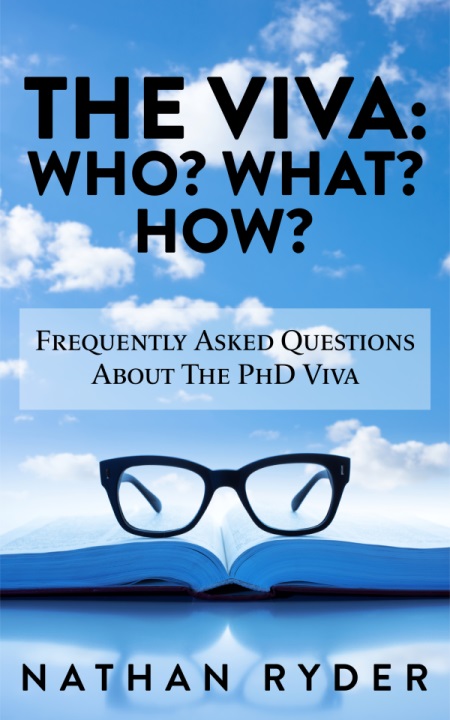The Viva Survivors Podcast is almost three years old! I can’t believe it personally, it seems like only yesterday that I was sat on my friend Shaine’s couch, hoping that the app I had downloaded was going to work fine and that his daughter would stay asleep while we chatted about his research and viva.
Forty episodes later and here we are. I’ve had to take time off every now and then, but am really feeling back in the flow again now. Part of this is having a loose schedule to work towards, of releasing two episodes a month, give or take. This has been easier in the last six months because at times I’ve recorded several podcasts in a very short space of time and then released them every few weeks.
I’m writing now because I need YOUR help to make the next few episodes happen. Can you come on the podcast and share your experiences? Or do you know a PhD graduate who would be happy to share their PhD and viva stories? I’m looking for three kinds of interviewees at the moment:
- PhD Graduates: full time, part time, recent or from years ago, I want to hear from you and hear all about your research and experiences. Many more people want to hear what your viva was like too!
- Academics: I’ve so far made two Academic Job Specials, and these have been really popular in helping people think through different aspects of pursuing and maintaining academic jobs and careers. Academia is in the mind a lot around viva time for many people – your experience and advice could really help.
- Examiners: Have you examined PhD theses and conducted vivas? You have really valuable ideas about the other side of the viva, and this could be hugely helpful to those who listen to the podcast. Dr Katy Shaw shared her experience of being an examiner in Episode 32. Your advice could also really help.
I’ve got a few weeks coming up where I will be largely working from home; I’ll be using some of this time to play with my daughter, some of it to start writing my next book and I want to use some of it to record the summer slate of podcasts. It may be that if you were interviewed in the last week of May that your Episode would not debut until the end of August – but if you have the time now it will be hugely helpful in maintaining the podcast this year.
If you want to come on the podcast, for any of the three possibilities mentioned above then please get in touch – either email me, tweet @VivaSurvivors or @DrRyder or leave a comment on this post. If you know someone else who would be great to have on the podcast, or have an idea of a viva-related area that you think would be good to explore then let me know too.
I’ve loved doing this podcast for the last three years, and look forward to doing it for a long time to come. Please help me make that happen.
Thanks for reading!
Nathan (@DrRyder and @VivaSurvivors)
PS: I have a new book out!
Support the Podcast!
